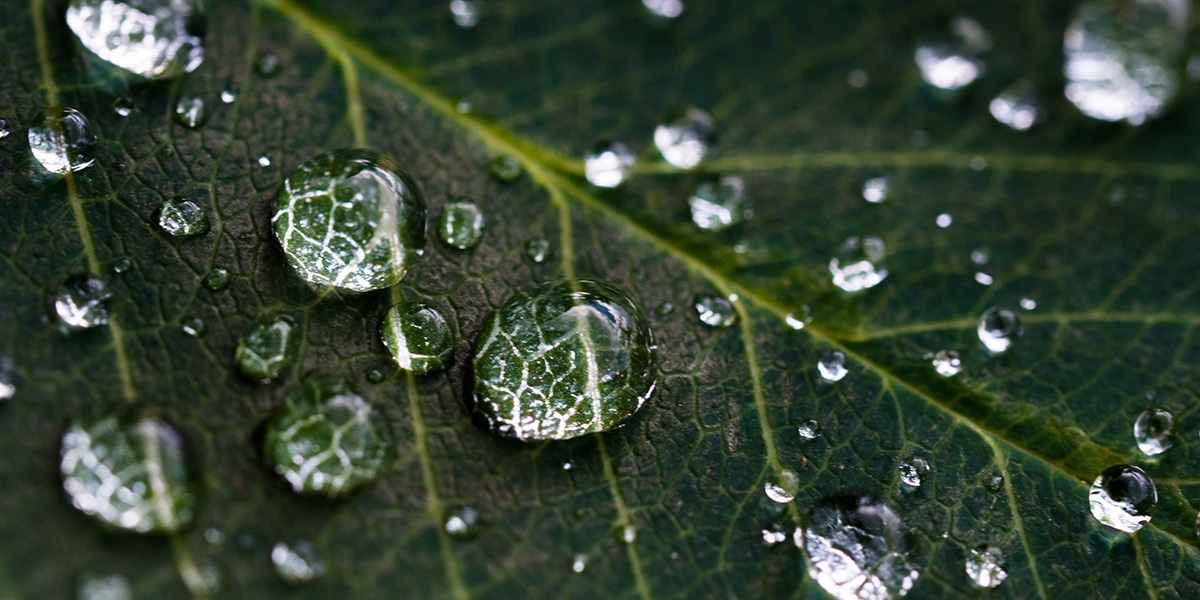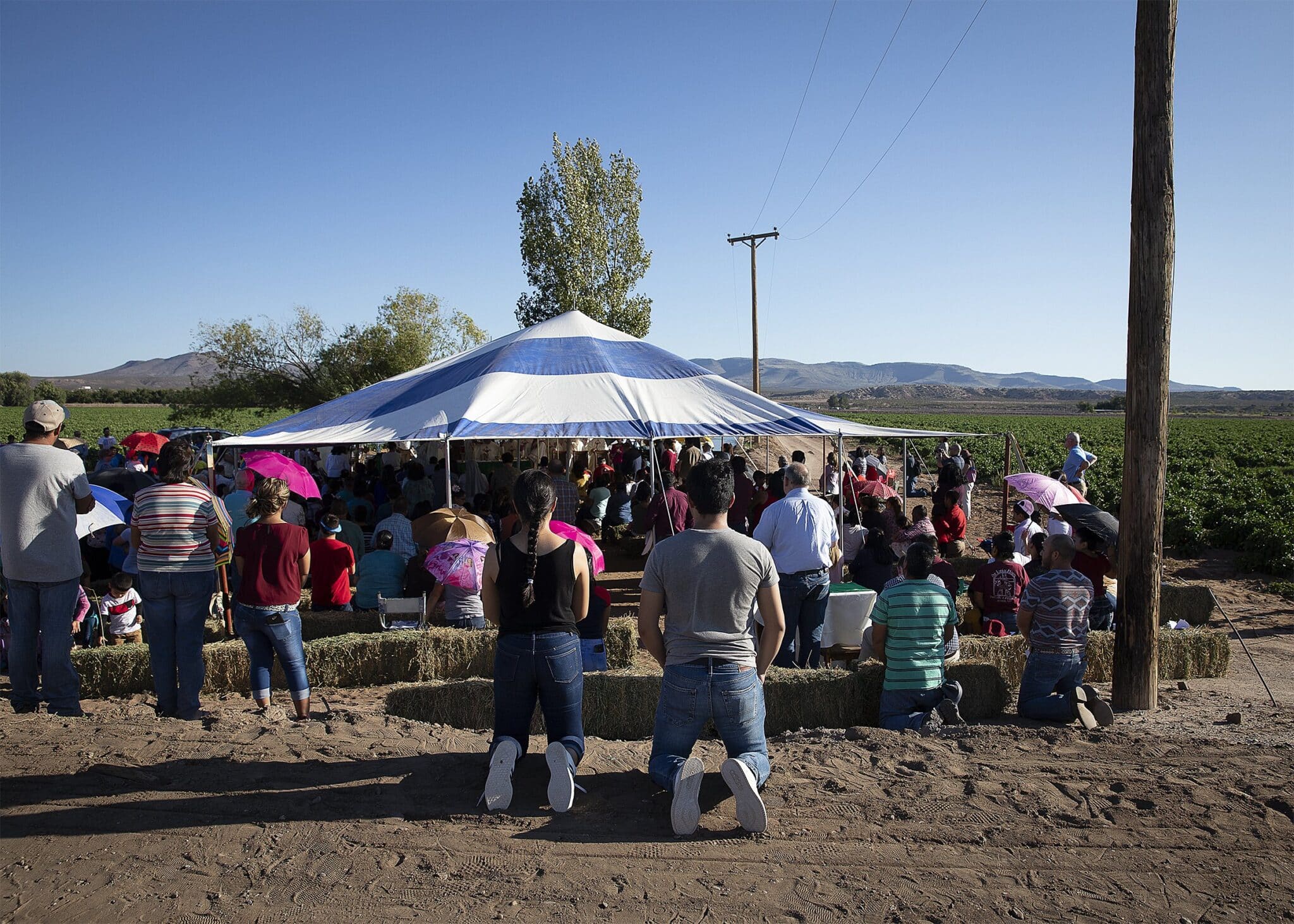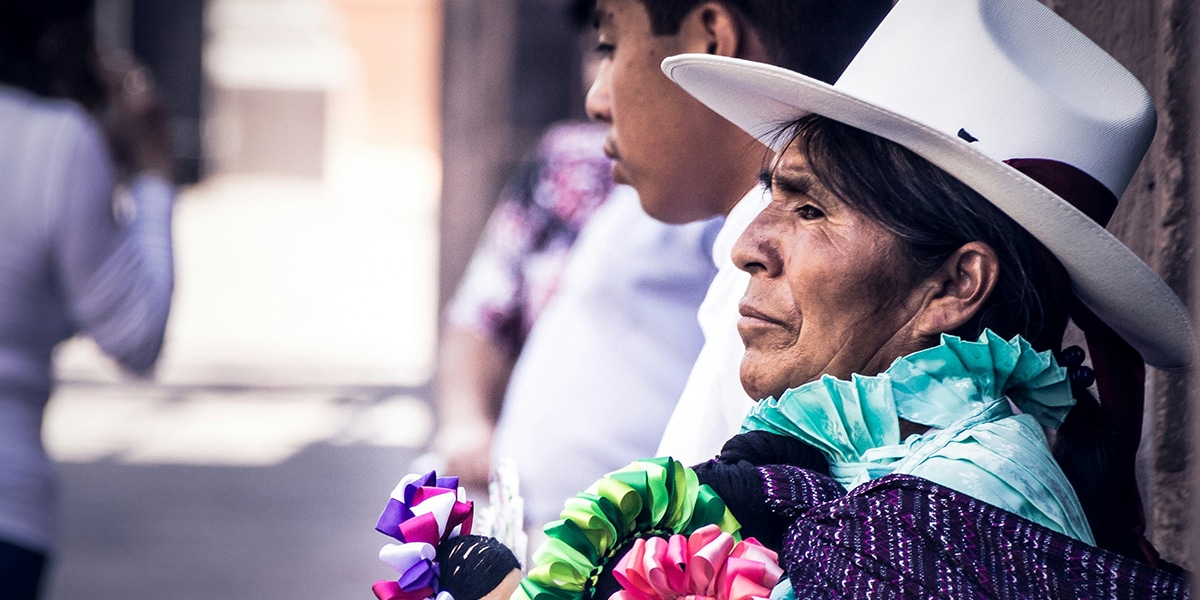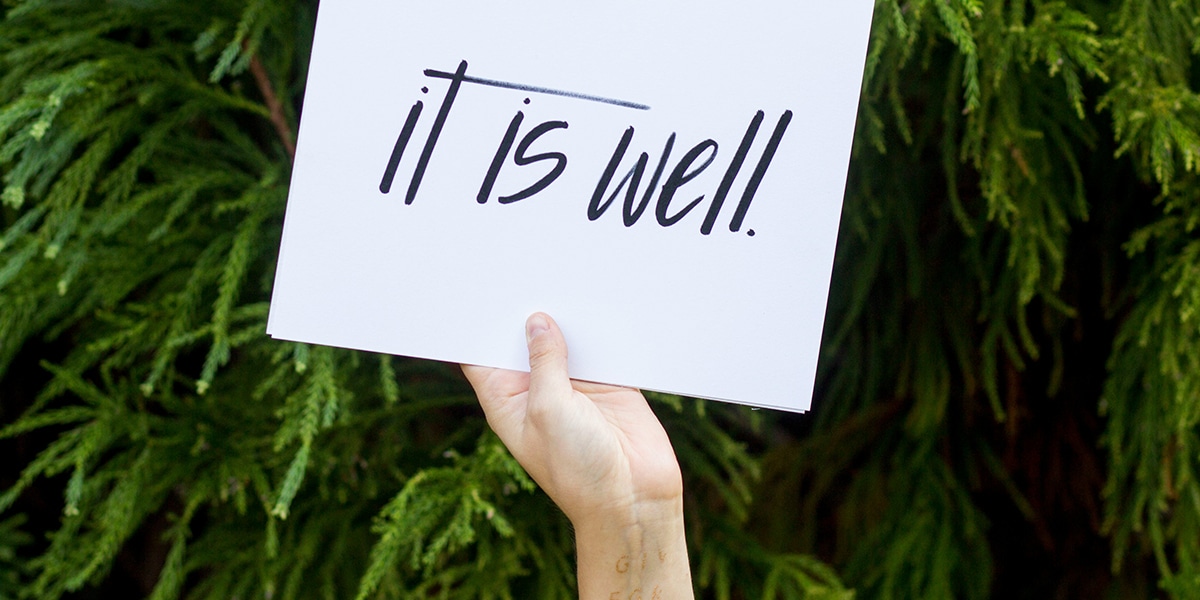There’s something magical about a compost pile. We take the ickiest leavings of our kitchen, put them in a pile outside, and they are somehow transformed into nutrient-rich humus that we can use in the garden. Not only do we avoid sending excess waste to the landfill, but we can actually benefit from it. That’s amazing.
It’s probably just because I’m a middle-class, 21st-century American that I find the compost process such a wonder. Most of human history (and prehistory) has been one of frugal and creative reuse of resources. After all, we’re part of the natural world, in which death and waste always become new life and nutrients, in a perfect circle of sustainability. I see in this pattern a sacrament of the divine, whose very Trinitarian nature is a circular dance of self-emptying and being filled, and in whose loving care no sin or sinner is ultimately beyond redemption.
It’s only the modern industrial age, which has pulled us away from both nature and God, placing us in a linear process of resource extraction and pollution, that blinds us to a fundamental truth: In God’s realm—both spiritual and material—nothing goes to waste.
On one hand, I find this divine truth of “zero waste” to be a tremendous relief and a great invitation. If we can trust in it, then our lives can’t ever be without meaning or purpose, and it becomes possible to live with openhearted curiosity, discerning the great mystery of how God might be making use of even our mistakes, failures, and sins.
On the other hand, the truth that God wastes nothing is both a high standard and a severe judgment. If we are called to conform ourselves and our culture to the nature of God and the nature of nature, then we can’t simply throw away things—or, far worse, people. We can’t keep turning the material world into garbage and pollution through our industrial processes, and we can’t keep wasting people through gun and domestic violence, poor schools, poor social safety nets, or the lack of meaningful and well-paid work.
Living up to such a calling may be daunting, but all we can do is start where we are and move toward the vision, doing what is ours to do as part of a larger collective effort—sometimes with small, cautious steps, sometimes with brave leaps of faith. Maybe we commit to minimizing our purchases, reducing our waste, and repurposing or recycling all we can. Maybe we give our lives to improving public education or social services. Maybe we advocate for better working conditions and a living wage—or run a business that provides them. Maybe, if we are limited by age or infirmity, we encourage and support those on the front lines of change.
I can’t prove it, but my heart tells me that God is guiding us and that the divine breath is in our sails. If that’s true, then it’s safe to trust that not one effort toward a better world will be wasted.
Ways You Can Help
1. The best way to avoid waste is on the front end—don’t make unnecessary purchases. Ask yourself: Do I really need this? Can I find it used? How can I take responsibility for its entire life cycle?
2. Only about 35 percent of American waste gets recycled, largely because we put the wrong things in our recycling bins. Go to this page at Popular Science to learn how to properly recycle.
3. Even if you live in an apartment, you can compost. Google “worm composting” to learn how.









5 thoughts on “At Home on Earth: God Wastes Nothing”
I, too, am amazed at the “magic” of composting. There are so many “magic” experiences in the natural world. I have a funnel web spider who insists on building her web on my front porch. After removing it multiple times, I have finally accepted her as a resident. Yesterday I was looking at her web. The architecture and intricacy are “magical” to behold. Her resourcefulness helps me as her work of art captures insects that try to invade my porch, making it uncomfortable to enjoy sitting there watching the sunset, the fireflies, and listening to the whippoorwill. Thank you for reminding me of my responsibility as a global citizen to care for the gift of creation.
Our hermitage has tried to not buy anything plastic or wrapped in plastic for a couple of years now. Here’s something truthful: for the sake of an average snack, the quasi-toxic plastic wrapping will pollute the planet (and any future generations still on it) for centuries. How utterly selfish of us and anti-Christ.
If we don’t repent and change our ways we don’t walk with Him, despite our glib talk of Him.
Self-sacrifice for Selfless Love is His Way,
Brother Gusty
Lord Jesus Christ, help us to patiently and joyfully accept the hardships, adversities, and persecution which come our way in serving you and your kingdom of love, truth,and goodness. Strengthen our faith and give us courage that we may not shrink back from doing your will.Amen.
A different, but related thought. A prayer, said at least yearly, says to offer all our talents to God. Well that is a fine thing to do, but what I really want to do is to offer Him also all my non-talents and weaknesses. He is able to use everything! He can take my croaky old-age voice and use it as He wishes as the choir director certainly doesn’t want it! How? By letting me croak His praises while out in the garden. I want Him to use my poor ability at small talk for something…and so forth. I offer all to Him and let Him turn those non-talents and weaknesses into good spiritual manure that can bear good fruit wherever He desires.
So obvious when you get right down to it, and so easy to ignore when your ego is in the way.